The Shortcut to Engagement, Influence, Sales - and a Lot More
Why does everyone love talking to hairdressers, therapists, bartenders, and close friends?
They listen.
In work and in life, there are few skills as powerful or as underrated as listening well. But not many people are naturally good at it. And in business, listening well is a must.
How do you show someone you’re listening?
Eye contact and body language help. But they don’t guarantee it and they don’t work via phone.
Instead, periodically rephrase what you’ve heard.
Show, don’t tell
In conversation with clients, team members, or others, regularly paraphrase what you have just heard. Think of this as a brief summary of what you’ve picked up. It’s not direct repetition, and it’s not asking a question. You’re simply showing the person that you’re listening and giving them permission to continue speaking – without influencing what they say.
A rephrase can begin in any number of ways, including:
“It sounds as though”
“So…”
“If I heard you right…”
This approach shows the other person that you have heard and understood them, affords them the chance to correct or clarify, and, crucially, forces you to actually listen.
Think about it: you’re far less likely to be thinking about your lunch order if you know you have to listen well enough to paraphrase what someone just said.
Sounds easy…
It’s harder than you might think. Most people converse by too-frequently interrupting their conversation partner with questions, observations, or asides. While this is natural, remember that it disrupts the person’s train of thought and can leave them feeling frustrated. And if you’re talking with someone who’s naturally quite shy or introverted, they are unlikely to express themselves well if you spend the whole time asking questions.
In sales, for example, asking too many questions too soon or interrupting the customer can sabotage your sale. In difficult conversations, asking too many questions and interrupting can serve to make the other person feel annoyed.
And in life beyond work, how many times do we get frustrated in the telling of an anecdote by someone who seems determined to take over the conversation? Listening well is about not being that person.
When should I use this approach?
All the time. Well, almost. Listening well can help you influence and impress others – in business and at home.
It’s particularly useful in sales conversations, when giving feedback, during discovery processes, and when de-fusing tense moments. To refocus a meeting, you can rephrase what’s been said and pivot back to your agenda. People feel better about being interrupted if you’ve shown them they were listened to first.
Of course, it makes sense for a conversation to be somewhat give-and-take - but make sure you’re giving first and saving the “take” ‘til last.
Where can I learn more?
You can also talk to us any time; we’re great listeners…
—
Pencil or Ink is an NYC-based communications company that helps individuals and businesses lead. We offer individual coaching, group workshops & facilitations, and strategic communications support. Talk to us here, here, or here.




